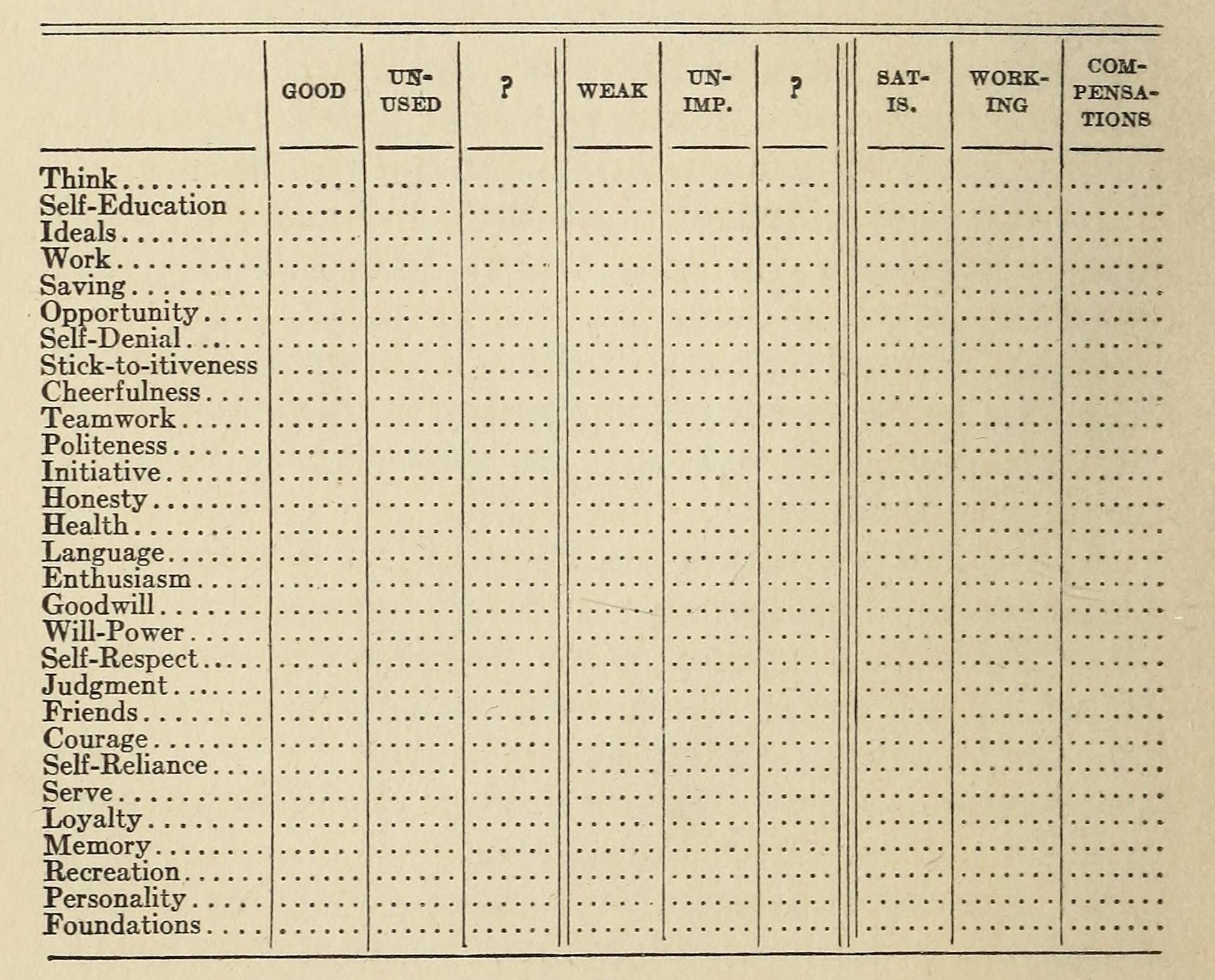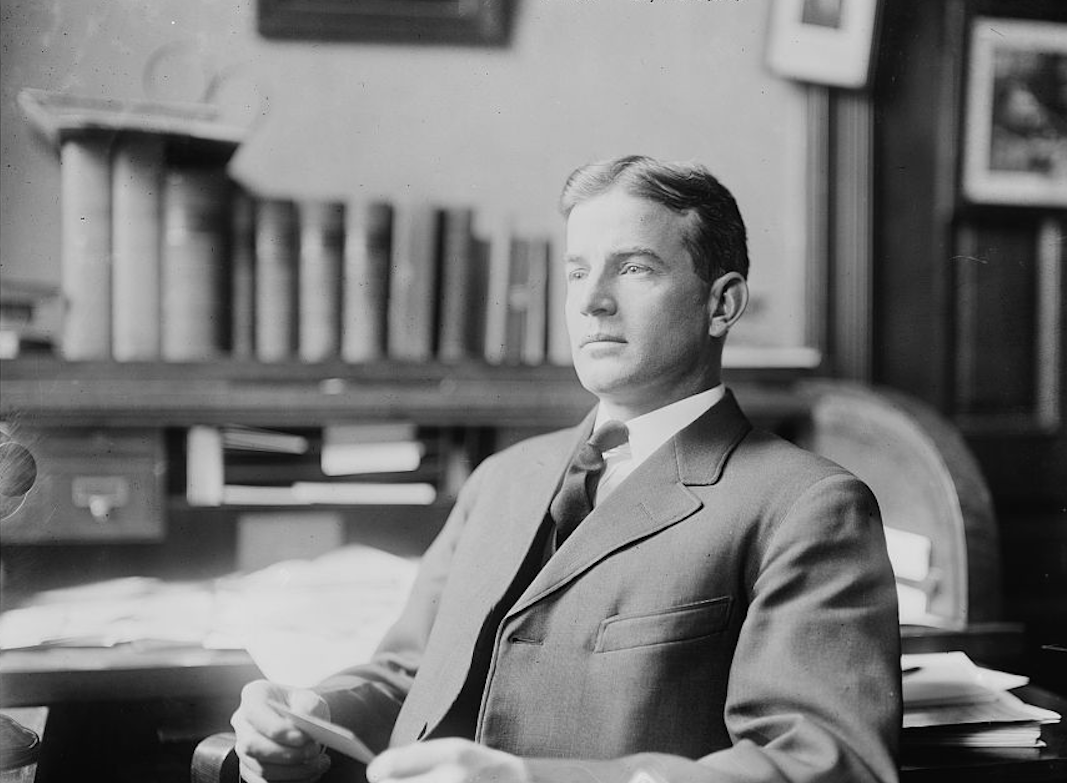How do you succeed in your life? How do you find or create the job that will make you happy and possibly rich and happy? That’s definitely not easy to know – but I know one thing. Without a plan it’s almost impossible to attain success in a lifetime. Lets face it – there are not many of us that are fortunate enough to know exactly what we would like to do with our lives. If we have a hobby, it’s usually not easy to know how to turn it into a profession.
I’m not saying that it will easy with a definite purpose, a plan and a strategy – but it certainly helps. Traveling without a plan is difficult. Most of us have tried this strategy while being on a trip somewhere in the world. Just walking around without a clear plan of what to do or experience can be stressful in itself. It’s the same with our lives. Without a plan and a purpose we are living on other peoples conditions, without much to say how we want to live our lives.
In this first part on how to plan for success, we are examining the learnings from one of the best books written on the subject – Keys to Success by Bertie Charles Forbes (founder of Forbes Magazine) from year 1918. According to Forbes it is equally possible to develop our personal qualities as our muscles by exercise, if we go about it in the right way. But most people haven’t the remotest idea how to do it. The same could be said about the situation today. Most people don’t have a plan or don’t know which tools to use when they want to develop their personal qualities.
[pullquote]Diligence is the mother of good luck. Plough deep while sluggards sleep and you shall have corn to sell and keep. Work as if you were to live one hundred years. Pray as if you were to die to-morrow.
Benjamin Franklin
[/pullquote]In the book he offers an excellent tool for this purpose. An self-examination chart that can be used to evaluate most of the characteristics needed to become successful in life, whatever path you are taking or whatever the interests are that you have in your life.
As Forbes writes in his book, self-analysis is not easy for many persons, but self-analysis is the first step toward analysis of others, and that means mastery of life in itself. The first step toward efficiency is the personal check-up.
He then goes on to explain on how to proceed when doing the actual self-analysis:

The various “Keys to Success” are listed in the first column, and in the spaces opposite you should check each quality by a cross in the proper column.
In the first column mark the qualities you know you are strong in, and which you exercise now regularly in your business.
In the second column check with a cross the qualities you think you have in good natural development but which you do not have an opportunity to use at present in business.
In the third column check with a cross the qualities about which you do not feel at all sure.
Beyond the double line we will check the qualities in which we believe we are particularly weak.
In the first column check the qualities in which you feel particularly weak and which you require in your present or prospective business. In the second column beyond the double line check the qualities in which you think you are weak but which are not important in your present or prospective business.
In the third column check the qualities which you suspect may be weak but about which you are uncertain.
The columns beyond the triple line you should use after you have been over this course by way of checking up the results — in the first column the qualities you have assured yourself you are all right in or in which you have attained satisfactory improvement, in the second column the qualities on which you are still working for improvement, and in the third column the qualities for which you have found compensations. Every personal quality should be accounted for under one of these three heads.
[pullquote]I believe, too, in the philosophy that hard work, not chance, makes successful men; but there are two kinds of hard work — the kind that goes along grubbing blindly in the same old routine, and the kind that plugs progessively toward a definite goal. Men must be adapted to the work they are doing, but hard work and self-analysis are the principal factors. I am one of those men who have little belief in genius so far as the great majority of successful men are concerned.
C. Louis Allen
[/pullquote]In the rest of the book he writes about the importance of the different qualities in detail, of which you can read about in the book.
At last some wisdom from the book by B.C. Forbes:
Ignorance is blind. The blind cannot see Opportunity.
Fit yourself to see Opportunity. Knowledge illuminates. Mediocre men wait for opportunity to come to them. Strong, able alert men go after Opportunity. The brainiest of men make Opportunities.
Opportunity can benefit no man who has not fitted himself to seize it and utilize it. Opportunity woos the Worthy, shuns the unworthy.
Prepare yourself to grasp Opportunity and Opportunity is likely to come your way. Opportunity is not so fickle, capricious, and u reasoning as some complain.
Opportunity shuns the idle, the worthless, the ignorant. Great men train themselves to see, seize, mold and master Opportunity.










Thank you so much, Jessica! ?nyc house